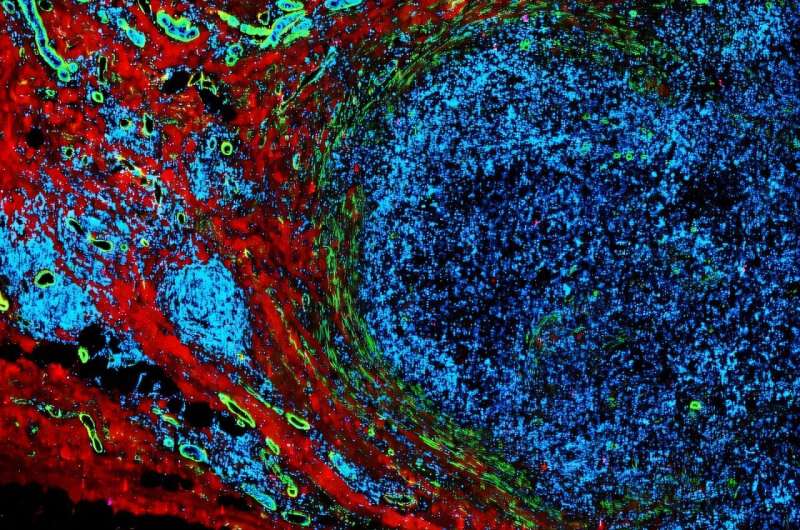According to Virginia Tech researchers at the Fralin Biomedical Research Institute at VTC, these lower-intensity pulses don’t kill all the cancer cells outright. Instead, they alter the tumor’s environment, increasing blood vessel density within a day of treatment and boosting lymphatic vessel growth by day three.
These changes may help guide immune cells to the tumor, potentially improving the body’s natural ability to fight cancer.
The findings in mouse models of breast cancer were published in a recent issue of the Annals of Biomedical Engineering. Researchers looked at a lower-intensity version of a treatment called high-frequency irreversible electroporation (H-FIRE) that destroys tumors using electrical pulses. It also helps the immune system recognize and attack cancer cells by changing the environment around the tumor.

